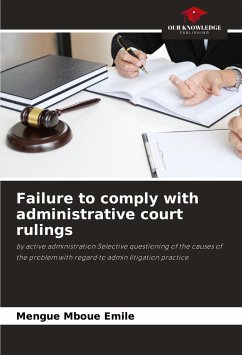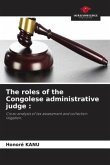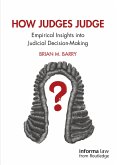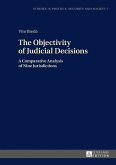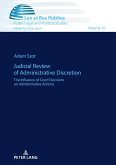Having reviewed the state of administrative law in Cameroon, the country's public law doctrine regrets the immobility of its litigation, but nevertheless notes the dynamic prospects opened up. It is clear from this observation that the enforcement of decisions handed down by Cameroon's administrative courts is not as easy as it should be in a state governed by the rule of law. The relationship between the active administration and the administrative judge is complex. The principle of separation of administrative and judicial authorities, as well as the principle according to which the public entity voluntarily complies with res judicata, have contributed to a reduction in the authority of res judicata. In addition to these considerations, there are many others. The purpose of this study is to question the way in which the causes of non-enforcement of administrative court rulings by the active administration are interpreted in Cameroonian law. The answer to this question reveals the controversial duality of the existing categories of causes. This calls for a substantial redefinition of the relationship between the administrative judge and the active administration.
Bitte wählen Sie Ihr Anliegen aus.
Rechnungen
Retourenschein anfordern
Bestellstatus
Storno

